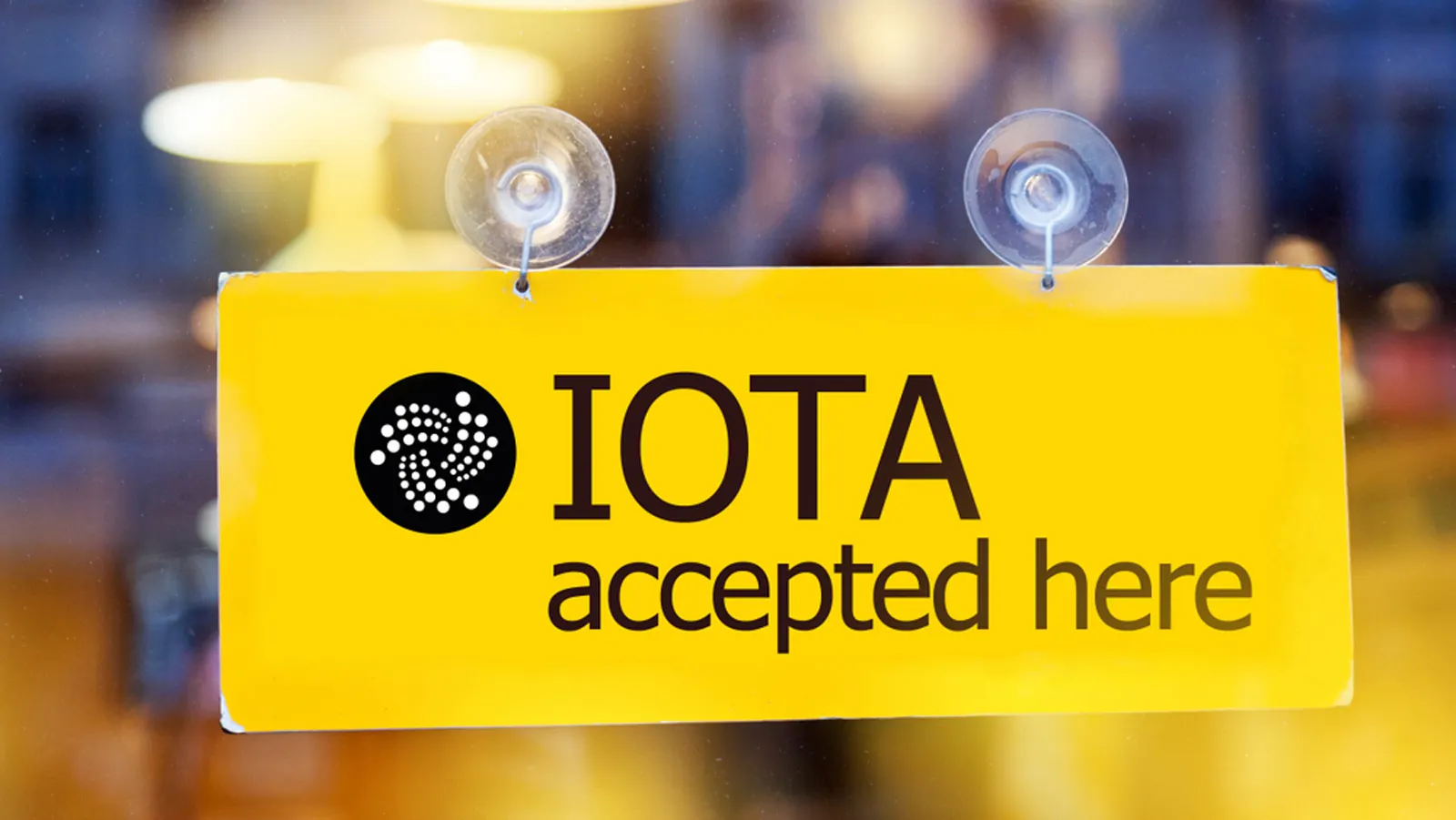Sending cryptocurrency to someone should be as easy as sending a direct message, or at least as easy as paying with a QR code via WeChat currently is in China. Now the IOTA Foundation says it’s planning to update its crypto software wallet Trinity to make that possible.
IOTA is an Internet of Things-oriented cryptocurrency which uses a drastically different model from a “traditional” blockchain. Instead of organizing transactions in blocks, it organizes IoT-enabled devices into nodes on a decentralized ledger, connected via overlapping paths—visualize a spiderweb—which the IOTA Foundation calls “The IOTA Tangle.” The IOTA developers claim this approach offers the ability to conduct 1,000 transactions per second without charging any fees, in contrast to Bitcoin’s mere seven transactions per second, with individual Bitcoin transaction fees sometimes exceeding $50.
That kind of performance improvement could theoretically open the door to a wide range of Internet of Things dapps. But for now, IOTA says it’s focused on a narrower but equally ground-breaking goal: embedding the ability to transfer crypto value via its already developed MAM messaging app, so that it functions in ways similar to the Tencent-owned WeChat, which already accounts for 30% of mobile payments in China.
IOTA’s Trinity software wallet, currently available in a beta version, holds customer’s private keys and allows users to store and transact MIOTA, the native currency of IOTA. At its first official London meetup on Tuesday, the IOTA Foundation announced that the next Trinity update (which has no release date yet), will add functionality which will allow users to use MAM to send fixed amounts of MIOTA to one another in the same way they can currently exchange images and other files via direct messages.
Andrew Brough, senior UX/UI designer at the IOTA Foundation, said that the wallet deals with the issue of cryptocurrency addressing being too complicated for users to manage themselves by hiding the functionality under the hood of the MAM app.
The stumbling block, of course, is that the app will be limited to users and businesses willing to accept MIOTA. To that end, IOTA has positioned itself as an enterprise-friendly platform, and has already announced a variety of research and development partnerships with large consumer product companies active in the IoT space—including Bosch, Volkswagen, and Fujitsu—hoping to utilize its network.

